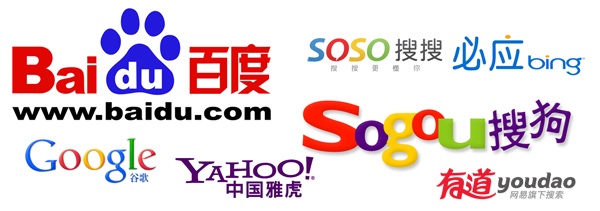The Chinese government is to enforce stricter controls on the way search engines display ads in the country, in a bid to better distinguish between natural and paid-for content.

Users have been particularly concerned with medical ads, which are a threat to people’s health, according to authorities.
The move means that Baidu and other search engines in the country will have to report banned content and verify advertisers’ qualifications in its latest attempt at Internet regulation.
The new rules, set to be inplace by August 1st, have been implemented by the Cyberspace Administration of China (CAC).
“Some search results contain rumors, obscenities, pornography, violence, murder, terrorism and other illegal information,” the CAC said.
“Some search results lack objectivity and fairness, go against corporate morals and standards, misleading and influencing people’s judgment.”
Under the new legislation, search engines operating in the country will be prohibited from providing banned information in various formats including links, summaries, cached pages, associative words, related searches and relevant recommendations,
They will also be required to report websites and applications that contain prohibited content when spotted, the regulator said.
The Chinese government already exercises widespread controls over the internet and has sought to codify that policy in law.
The Cyberspace Administration of China said search engines should investigate the “aptitude” of clients offering paid-for ads, set a clear upper limit on such ads and clearly distinguish which are paid-for ads and which come from “natural searches”.
“Internet search providers should earnestly accept corporate responsibility toward society, and strengthen their own management in accordance with the law and rules, to provide objective, fair and authoritative search results to users,” it said.
Baidu said in a statement that it was committed to providing the best search experience and will fully comply with the law.
“Baidu will work closely with government agencies, internet users and the community to uphold a healthy internet environment, and strive to provide objective, impartial, and authoritative search results to our users,” it said.
The move could be good news for marketers and consumers alike. The changes fall in line with the approach pioneered in the UK to ensure transparency of paid promotion. Since the late 1990s Google had been clear on what was sponsored and what was in natural search.
Industry insiders told us that when this was first tackled in the rest of the world, the discussions with US and European search engines at the time had been both very swift and very aligned. That was driven by the culture of media transparency that is more developed in Western Europe and North America than in China.
